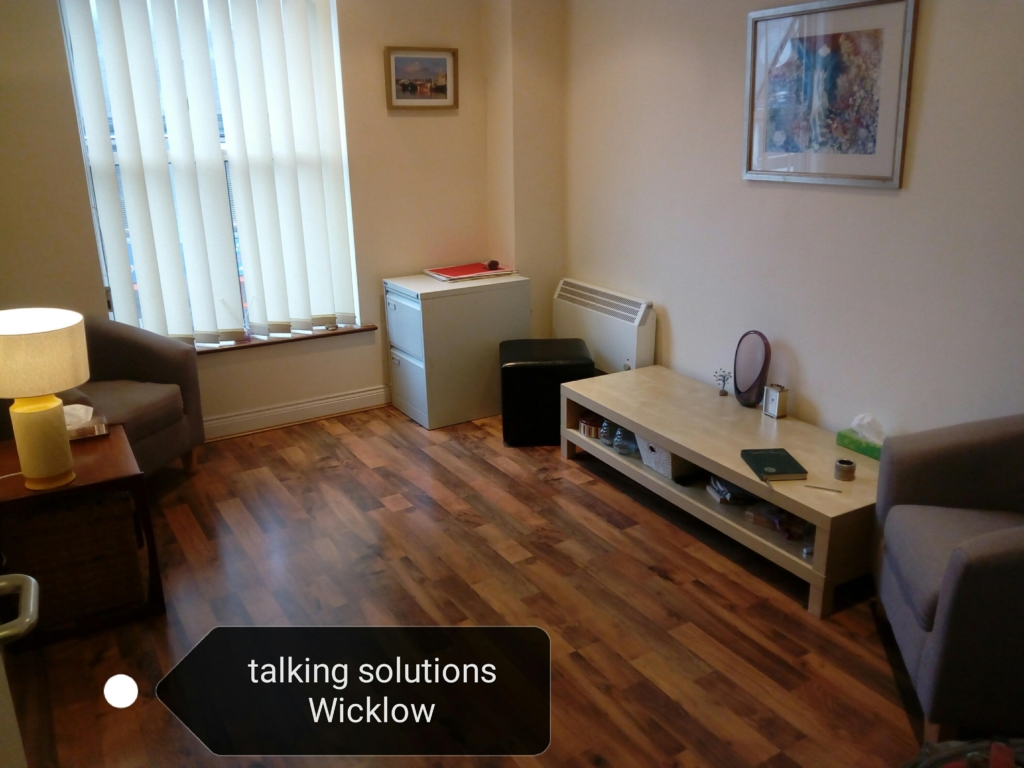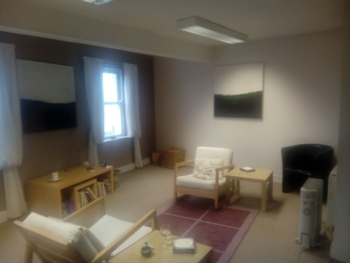
As we move into 2021 and towards a more hopeful life offered by the freedom of a vaccine, many of us are trying to adapt to the lack of certainty of when this freedom will land at our door. We have been struggling with understandable worries about our health, the people we love, the work we may have when life begins to return to ‘normal’ in a pandemic. What will normal look like for you? Being proactive about our stress levels can be difficult at a time when so much of our ‘normal’ has been turned on its head. Survival mode means dealing with the immediate needs of food & shelter, paying the bills and keeping ourselves and our loved ones alive.
At times of high collective stress, the most primitive part of the brain is activated, the amygdala, which orients us to signs of danger in the environment. This helps us to deal with threat, but it is also exhausting when it is over-stimulated. This is the reason we feel exhausted by 6pm and good for nothing but the sofa although activity levels may have been much reduced over the past three months.
Our sense of control is undermined as our lives are circumscribed by events beyond our control. Try the suggestions below, daily, to build your coping skills as into summer.
Practice autogenic training: this is the term given to a system of relaxation where you control physical tension by concentration on six different areas of focus such as, heaviness in your arms and legs, warmth, breathing, heartbeat.
Practice abdominal breathing; inhale and exhale deep into the abdomen, preferably through the nostrils regularly throughout the day. Download free relaxation files on www.beaumont.ie/marc Practice at least 3-4 times per week.
Grounding: Practice keeping your feet on the ground. If we constantly move on the balls of our feet, we become ‘ungrounded’. Remove your shoes when you have an opportunity and notice your connection to the earth.
Get outdoors; Even if mood is low and you lack energy, it is critical to get some natural light, your Vitamin D and fresh air on a regular basis.
Find an affirmation/coping statement: Repetition of a phrase that means something to you, will influence your subconscious mind for example ‘I am calm and in control’. ‘This too will pass’. ‘These are tough times. My best is good enough’. It takes about 30 days to create a new habit, so repetition is crucial.
Find a ritual: make a deliberate effort to create a psychological winding down space that helps you to switch off at end of the day. If insomnia is a problem for you it is important to create a sleep environment that supports, you to unwind. Talk to your GP who may prescribe short-term medication and check out www.sleepfoundation.org for more information.
Aine Egan, MIACP is an accredited counselor available for online or phone counseling. Limited face to face from appointments from February, subject to public health guidelines.







